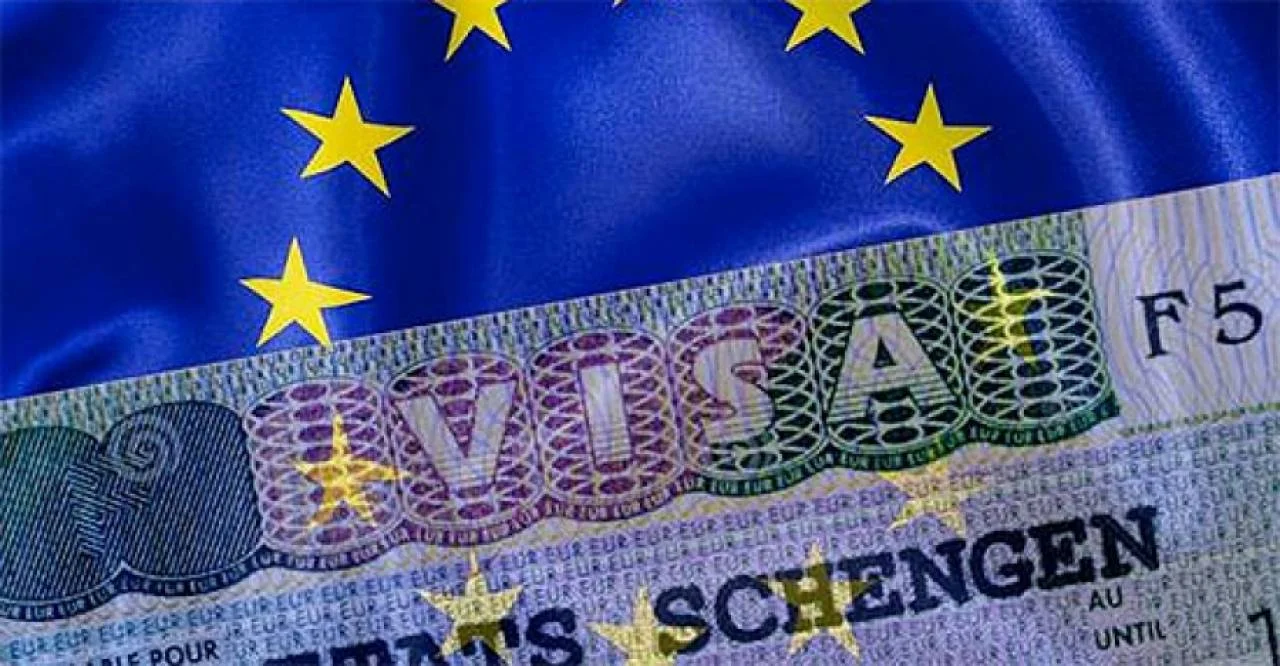Islamabad, 2 June, 2025: Rejecting Pakistani Visa applications has become increasingly common among European states, with newly released data revealing significant hurdles for citizens of Pakistan attempting to secure entry into the Schengen Zone.
Despite ongoing aspirations among Pakistani nationals to explore Europe for business, tourism, or academic purposes, the approval rate for Schengen visas remains alarmingly low.
In 2024, a total of 78,362 visa applications were submitted by residents of Pakistan a notable decline of nearly 10% compared to the previous year. This number represented just 0.67% of all Schengen applications processed globally.
READ MORE: New Passport Rules for Travel to Europe & Schengen
Austria stood out as the least accessible European destination for Pakistani applicants. According to the latest figures, it rejected a staggering 83.55% of visa requests from Pakistan, positioning it at the top of the list for Rejecting Pakistani Visa submissions in the region.
The financial toll on Pakistani applicants has also raised concerns. In 2024 alone, individuals from Pakistan spent approximately €6.27 million on Schengen visa applications. Of this, more than €2.8 million was attributed to rejected submissions money that is non-refundable regardless of the outcome.
Cumulatively, since 2014, the European Union has collected an estimated €59.86 million from Pakistani nationals applying for Schengen visas. Observers note that this substantial outflow of funds, particularly from denied applicants, has become a point of contention among civil society and immigration experts in Pakistan.
The ongoing pattern of Rejecting Pakistani Visa applications, particularly when paired with high costs and strict documentation requirements, has led to growing frustration among applicants and stakeholders. Many have raised questions about the transparency and consistency of the application review process.
READ MORE: Schengen Visa Countries: Everything Pakistanis Need to Know
Travel analysts and diplomatic voices in Pakistan have urged European authorities to revisit their consular practices, especially in light of increasing people-to-people exchanges, trade partnerships, and cultural cooperation between Pakistan and Europe.
There is rising advocacy for the streamlining of visa procedures, better communication of requirements, and the possibility of bilateral agreements to improve access for genuine travelers.
As the trend of Rejecting Pakistani Visa requests continues, the broader impact is being felt not only in tourism but in business engagements, student mobility, and international collaboration opportunities.









